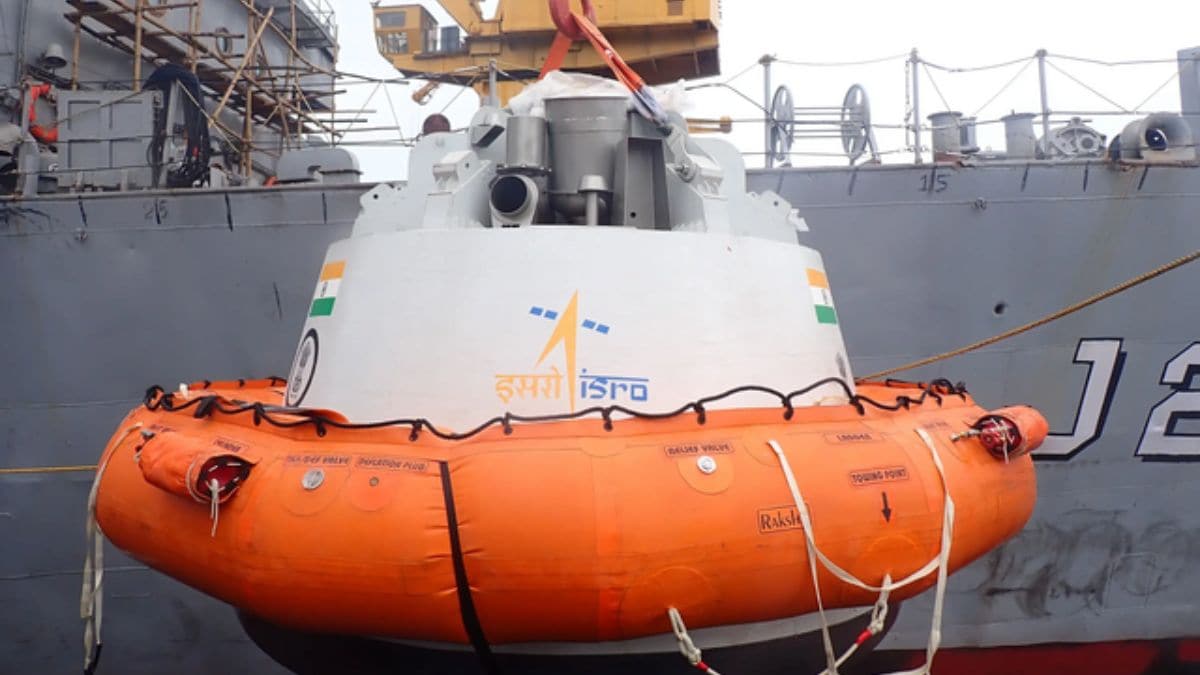India's journey towards human space exploration marked a critical step with the dispatch of the Crew Module for the first uncrewed mission under the Gaganyaan project. The module, integrated with a liquid propulsion system at the Liquid Propulsion Systems Center (LPSC) in Bengaluru, has been sent to the Satish Dhawan Space Center in Sriharikota. This development, achieved on 21 January 2025, is part of India's efforts to attain human spaceflight capabilities.
Liquid Propulsion System Details
As reported by the Economic TimesAccording to ISRO, the Crew Module Propulsion System (CMPS) incorporates a bi-propellant Reaction Control System (RCS). This system is essential for precise three-axis control—pitch, yaw, and roll—during the descent and re-entry phases. Control operations will commence after the separation of the service module and continue until the parachute-based deceleration system is deployed. The propulsion system includes 12 thrusters, each delivering 100 Newtons of thrust, along with high-pressure gas bottles, a propellant feed mechanism, and associated fluid control components.
Assembly and Integration
The module's development also involved the integration of the Crew Module Uprighting System (CMUS), designed by the Vikram Sarabhai Space Center (VSSC). The module will now undergo further assembly processes, including avionics installation, electrical harnessing, and a series of checks at VSSC before its dispatch to the UR Rao Satellite Center in Bengaluru. The final phase will focus on integrating the Crew Module with the Orbital Module.
ISRO has emphasized that the uncrewed G1 mission is a preparatory step for sending humans to space, enabling the validation of systems and technologies critical to the Gaganyaan project. With this milestone, India edges closer to joining the league of nations with human spaceflight capabilities.


